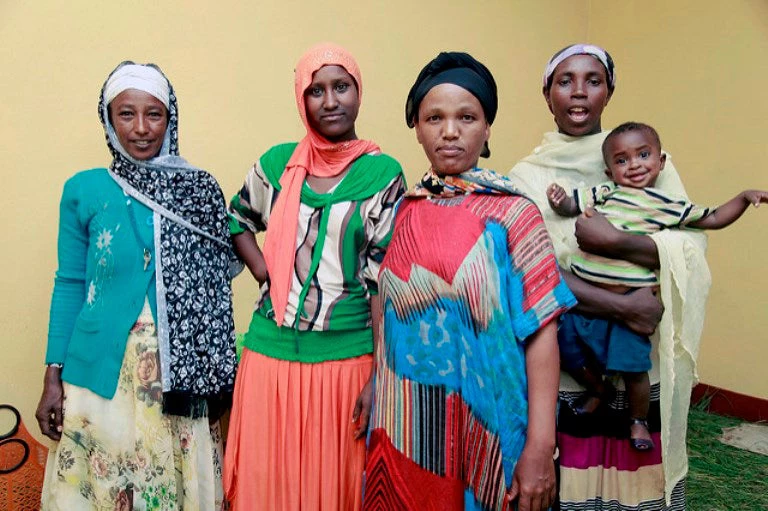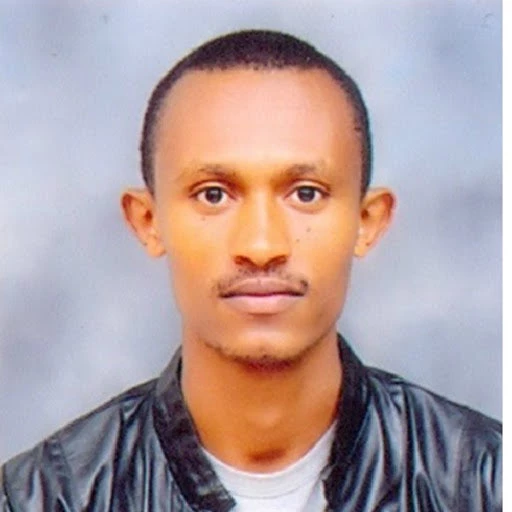
In 2016, World Bank Ethiopia launched a Blog4Dev contest inviting students to share their ideas for how Ethiopia can reach middle-income country status without leaving anyone behind. This is the first of three winning entries.
Ethiopia is one of the poorest countries in the world. It is currently striving to achieve a better economic and political development. I believe we can achieve the middle income country status within short period of time if we implement people centered and inclusive policies. Ethiopian government has been working towards this goal by setting 2025 as a deadline. We have achieved a lot so far, but not to the level we planned. So, it is better to notice the daunting challenges for our country’s development.
First, the development policies are not internalized by the larger public including the lower level officials. It is difficult to say that we have a national consensus on the policies. This is a reason for the 2nd major challenge: corruption and rent-seeking behavior. These are embedded in the society’s culture as if they are good things to preserve. Corruption creates discrimination and unfair distribution of wealth in the country.
Thirdly, the policies are not highly inclusive of youths and women. Ethiopia registers the highest share of youth poverty and unemployment rate in Africa. They’re given less consideration as a force of change. Fourth; dissatisfaction against the governance system is another challenge. When the policies and strategies are discussed in the parliament they seem promising, but because of incompetence and long bureaucratic processes they mostly fail on the ground.
Fifth, the economy is not liberalized. Government still plays the larger role in the economy. Foreign investors are not welcomed in key industrial sectors. This reduces competition and affects productivity negatively. It discourages local and foreign investors. The unbalanced economic relation with china may have negative consequences, since they are investing in areas that have zero or minimal benefit to the local people.
Sixth, industrialization is given the least emphasis in the development policy. Without expanding the manufacturing sector it is hardly possible to achieve a better national economy that could make us competitor in the international market. Seventh, though we are rich in arable land resource, our agriculture is dependent on rainfall. The sector itself is not modernized, and only few number of farmers are benefiting from the policy.
Above all, lack of well-established democratic institutions is the most important challenge that needs to be surmounted. Freedom of press must be guaranteed and protected not only in the constitutions, but also in practice. Free media are a means of creating a well-informed citizen that can make rational and responsible choice. They ensure effective check and balance system in the governance. Free media help the development process to be inclusive by being a voice to the voiceless, including women and youths.
What are the solutions?
The market need to be free to encourage competition and productivity. Government should encourage and develop energetic private sector by providing work lands, credits, incentives and encouraging systems that will make the sector to accelerate the economic growth. When strong private sector is created there will be tough competition that increases productivity, innovation and employment opportunity.
If quality education focusing on innovation and skill development is given priority, our doctors, engineers and lawyers will help Ethiopia to advance its health services, justice system and technological change. Ethiopia should exploit its abundant water resources and provide adequate access to clean water and sanitation. Access to electricity and transportation need to be improved to attract foreign investors.
Focus must be given to the management of climate changes that might affect the economy. We need to improve the reforestation and afforestation programs by expanding renewable energy sources to hasten Ethiopia’s plan to reach carbon-neutral status by 2025.
We need to worry as much about democracy as we do about development. People are left behind when democracy is not in place. Building democratic institutions must be given priority. Reducing corruption and rent-seeking behavior and devising proactive and mutually beneficial policies with foreign partners. Initiating working together with universities, research institutions and other development allies would also be a fuel to the social transformation.
Once we solve the challenges and take the right move it is possible to reach the middle income country status without excluding anyone.
Read more from the Ethiopia Blog4Dev series:
Blog4Dev: Citizens contribute ideas to shape Ethiopia's future


Join the Conversation